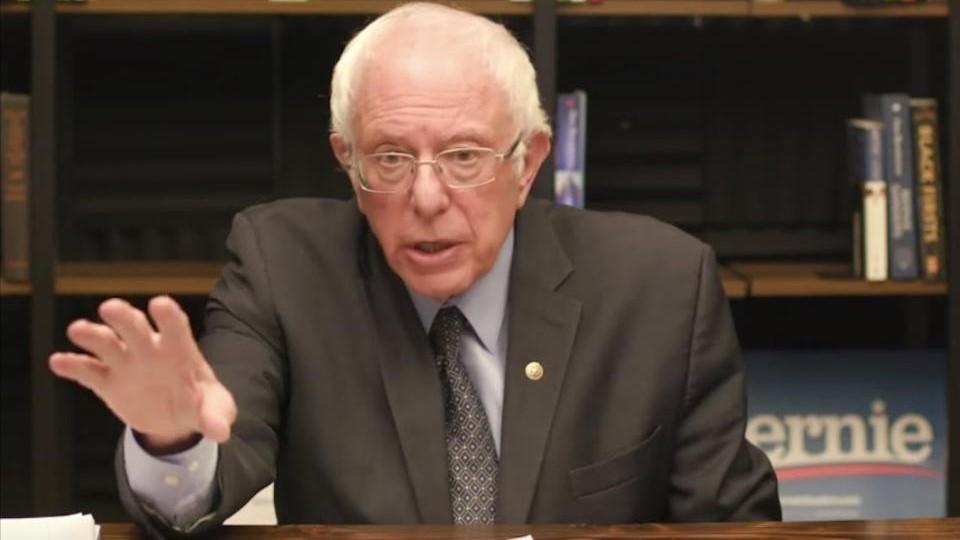Obesity drugs could bankrupt US healthcare, says Sanders

A report issued by the office of US Senator Bernie Sanders has claimed that the high prices being charged for new GLP-1 agonist-based obesity therapies like Novo Nordisk’s Wegovy could end up bankrupting US healthcare systems.
Staff in the Senate Health, Education, Labor, and Pensions (HELP) committee, which Sanders chairs, estimate that widespread use of Wegovy (semaglutide) and other new weight-loss drugs like Eli Lilly’s Zepbound (tirzepatide) could drive the US prescription medicines bill to around $1 trillion a year.
If just half the eligible people with obesity in the US received the drugs, it could cost $411 billion a year – greater than the entire US drugs bill in 2022 – with Medicare/Medicaid alone accounting for $166 billion of that total.
Sanders has been highly vocal in his criticism of the Danish drugmaker over the US pricing of Wegovy and sister product Ozempic for diabetes, which is at many times higher list prices than in Europe, Canada, and other markets, and the HELP committee launched an investigation into the matter last month.
“There is no rational reason, other than greed, for Novo Nordisk to charge Americans struggling with obesity $1,349 for Wegovy, when this same exact product can be purchased for just $186 in Denmark, $137 in Germany, and $92 in the UK, while it costs less than $5 to profitably manufacture,” said Sanders as the report was announced.
He also warned that the prices could also lead to a historic increase in premiums for Medicare and everyone who has health insurance in the US.
As it stands, Medicare cannot provide coverage for medicines prescribed for weight loss alone, but Novo Nordisk recently got FDA approval for the use of Wegovy to reduce the risk of serious heart problems in people who are overweight or obese, putting the drug in scope.
The report (PDF) notes that if Novo Nordisk charged the same for Wegovy in the US as it does in Denmark, the US healthcare system could save up to $317 billion per year – once again, if half of adults with obesity took the drug. Moreover, 100% of adults with obesity could be prescribed the drug for less than the cost of covering 25% of the population at current net prices.
The document also cites a March report from the Congressional Budget Office which said that “at their current prices, [anti-obesity medicines] would cost the federal government more than it would save from reducing other healthcare spending – which would lead to an overall increase in the deficit over the next 10 years.”
Novo Nordisk said it was reviewing the report and was continuing to cooperate with the HELP committee’s pricing investigation.













